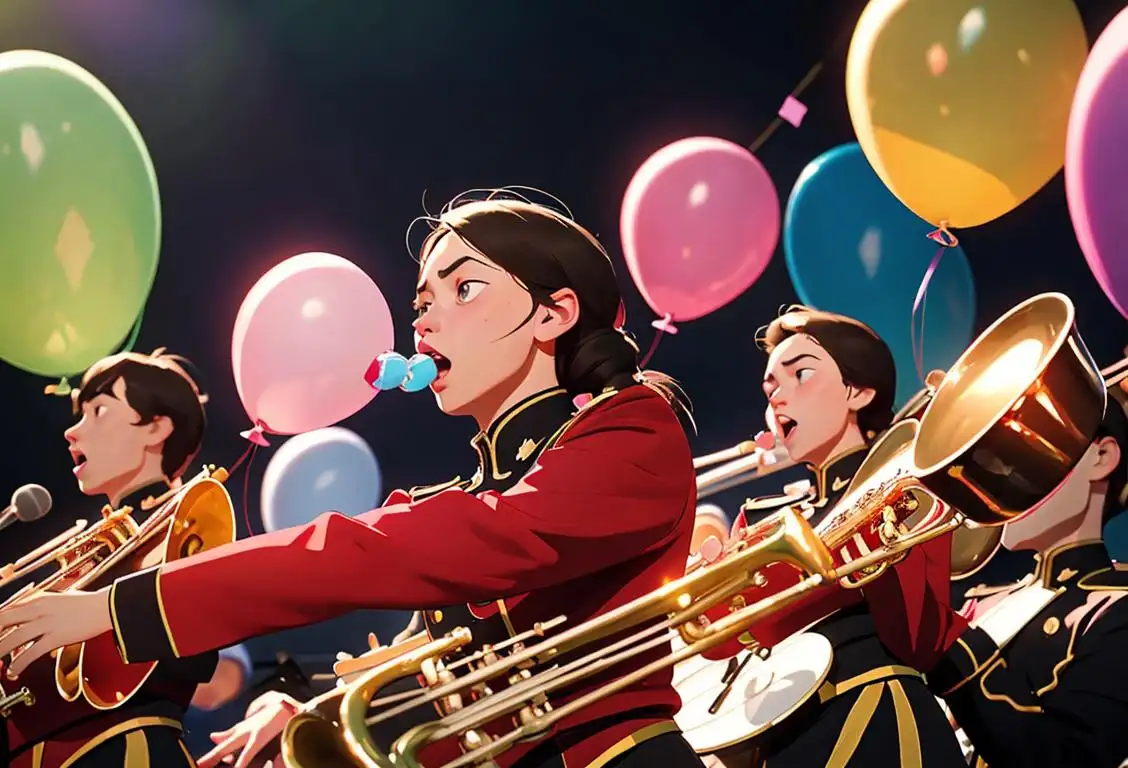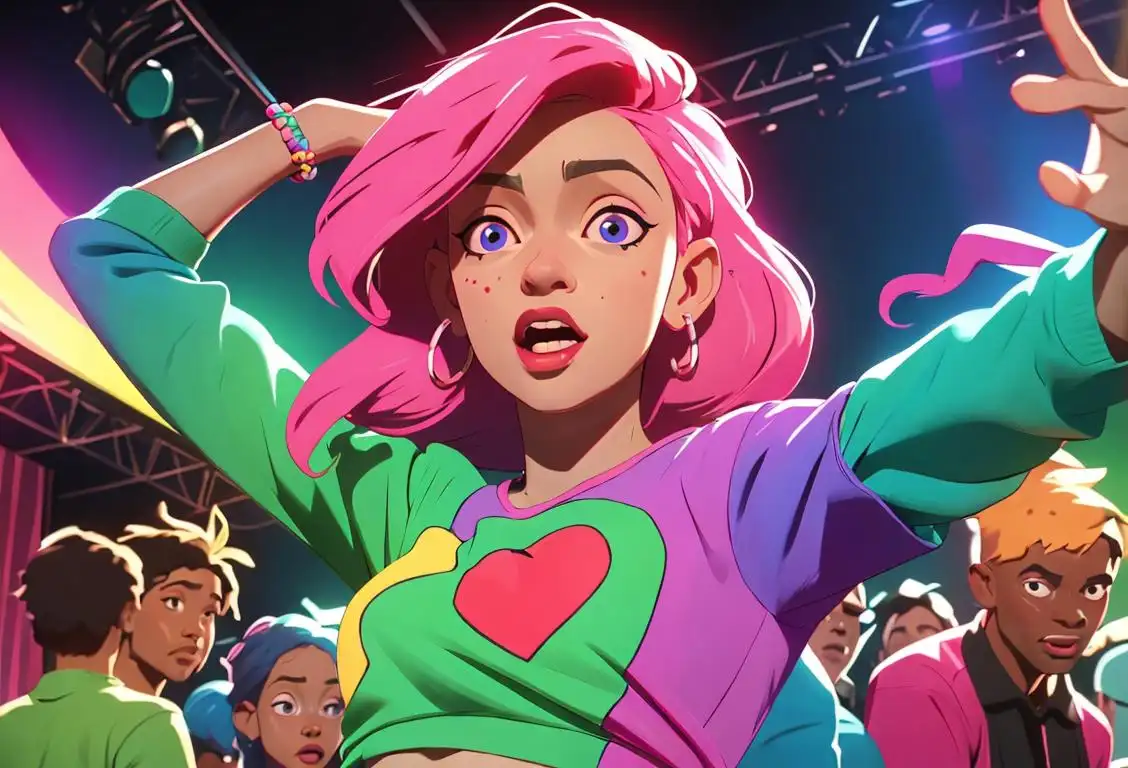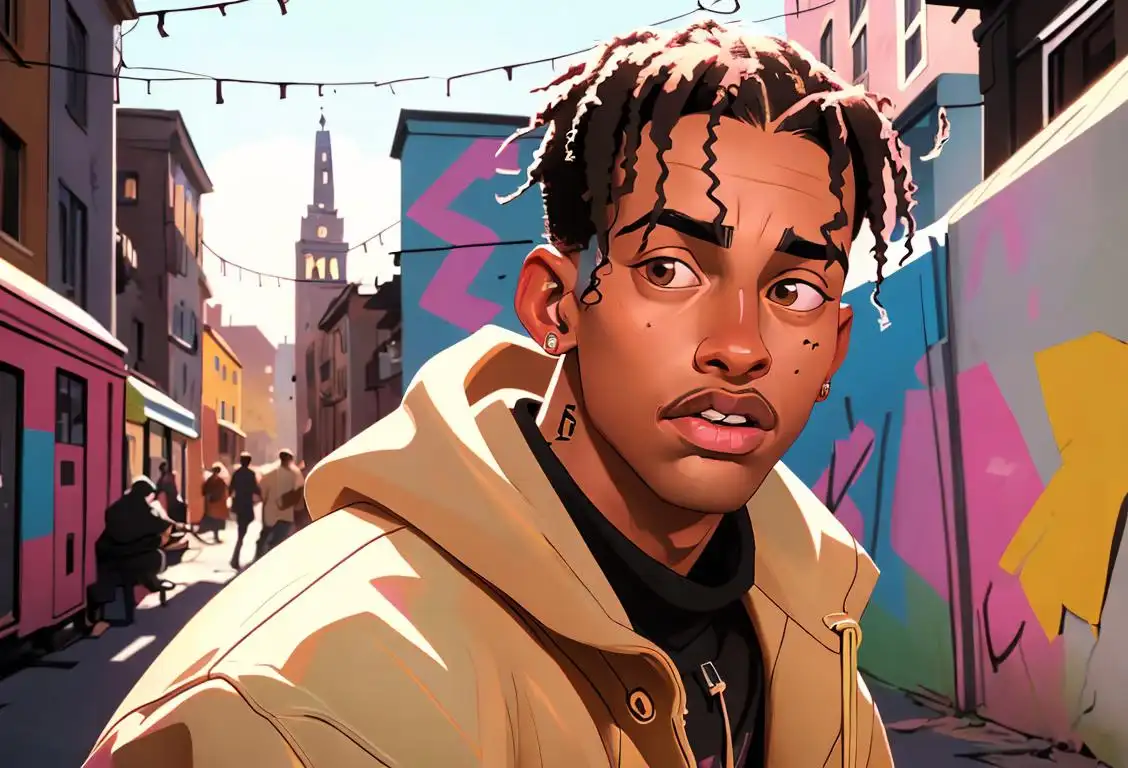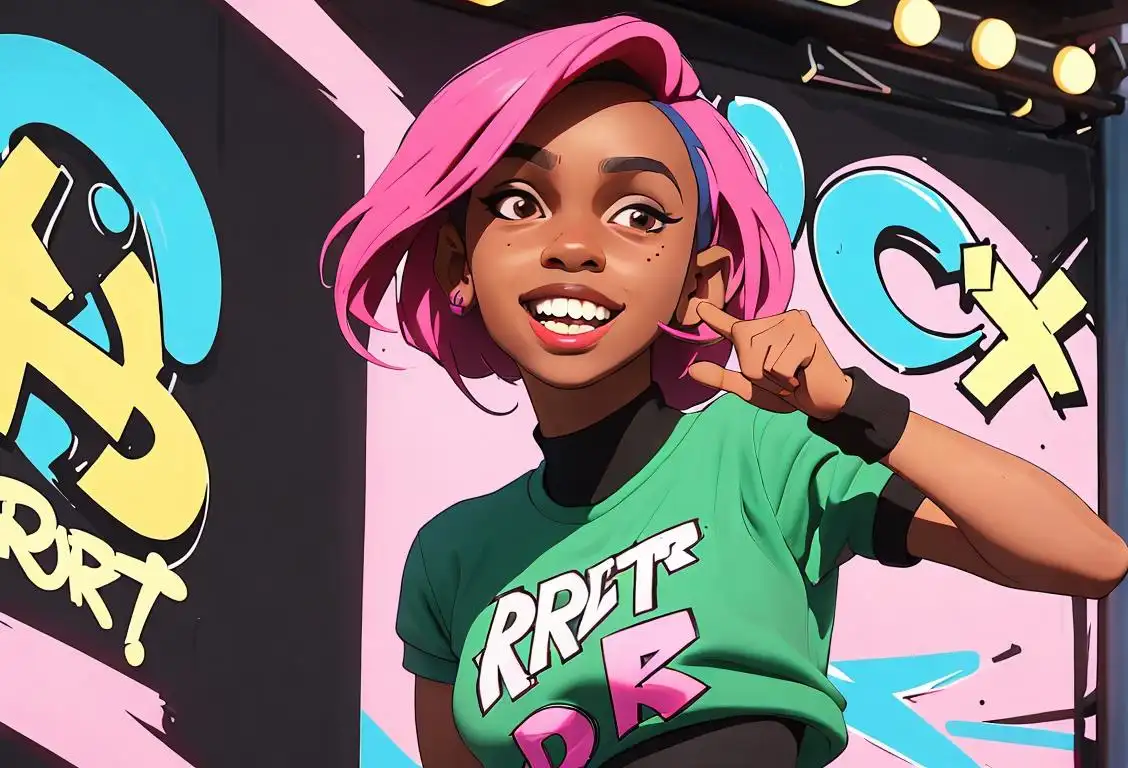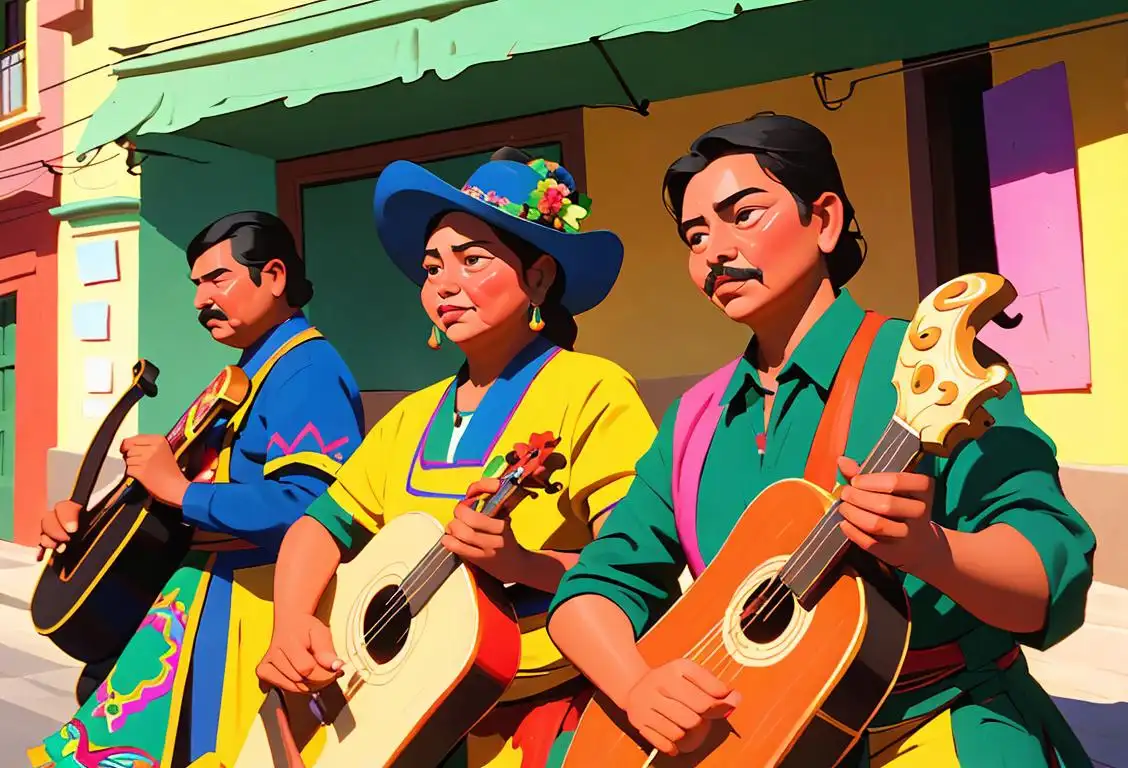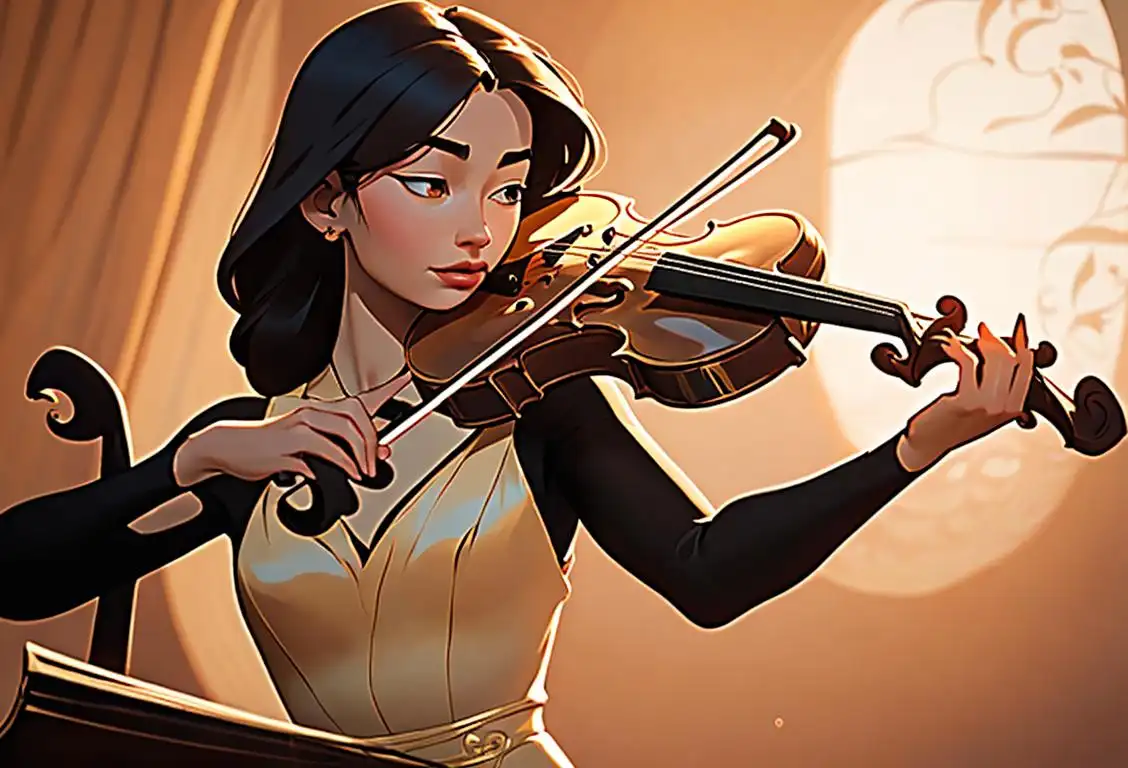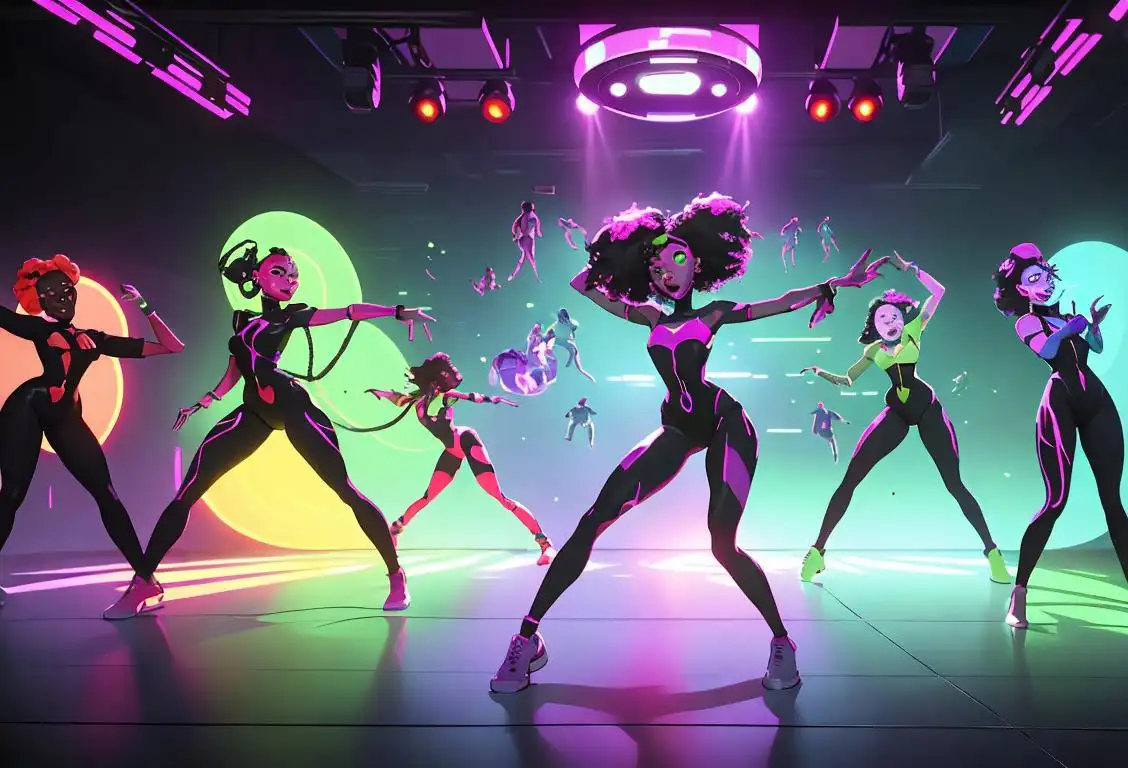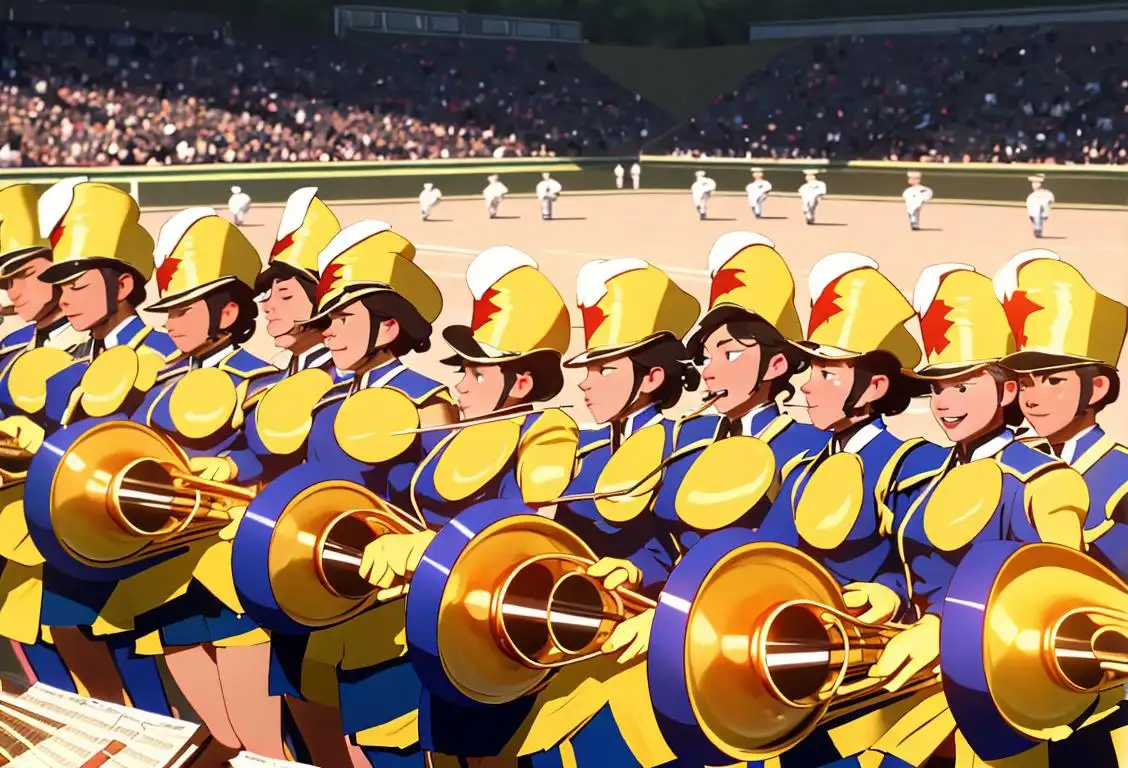National Barbershop Quartet Day
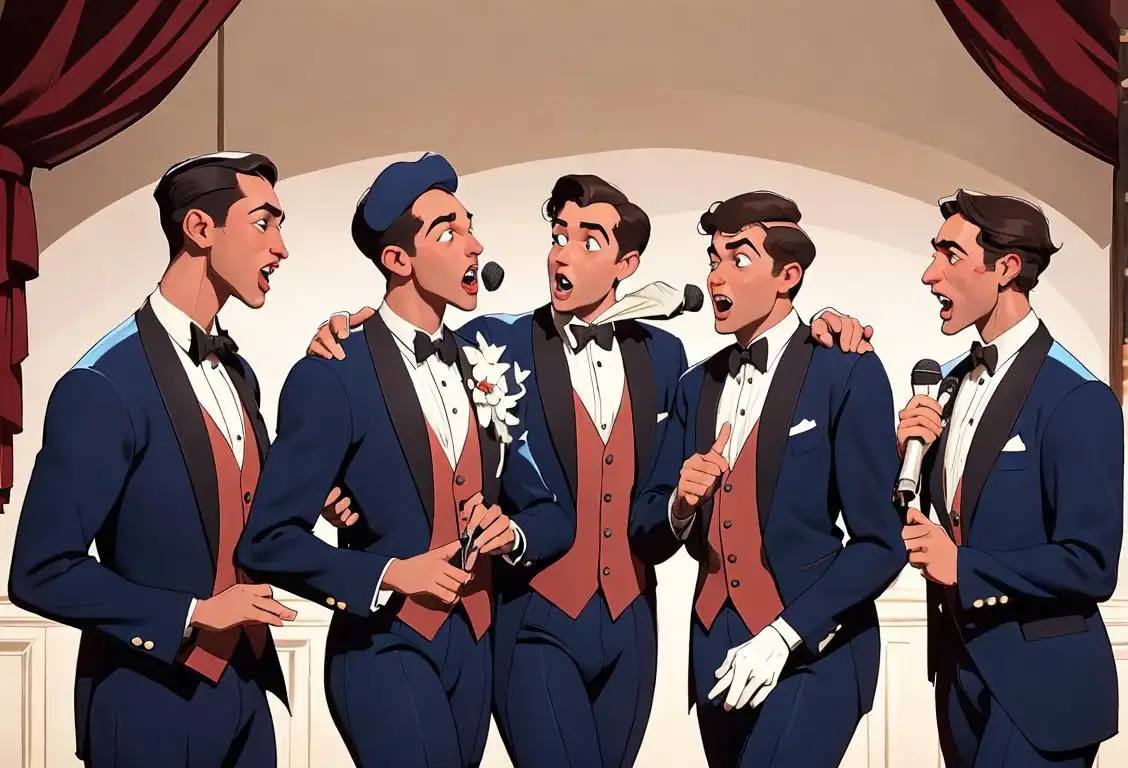
Grab your pitch pipe and get ready to harmonize because National Barbershop Quartet Day is here! This delightful holiday celebrates the unique and timeless art form of barbershop quartet singing. So, let's get harmonizing and dive into the fascinating history of this delightful day!
When is Barbershop Quartet Day?
It's national barbershop quartet day on the 11th April.
The Origins of Barbershop Quartet Singing
Barbershop quartet singing traces its roots back to the late 19th century when four men would gather in a barbershop while waiting for their turn in the barber's chair. They would entertain themselves and others by harmonizing together and creating beautiful music. As the popularity of this musical style grew, so did the number of barbershop quartets.
Over the years, barbershop quartets became a staple of American culture. They were known for their tight harmonies, entertaining performances, and dapper attire. Barbershop quartets could be found performing at various events like parties, social gatherings, and even barbershop conventions.
The Rise of National Barbershop Quartet Day
On April 11, 1938, the Society for the Preservation and Encouragement of Barbershop Quartet Singing in America (SPEBSQSA) was founded. This organization, now known as the Barbershop Harmony Society, was dedicated to promoting and preserving the art of barbershop quartet singing.
In honor of this important milestone, National Barbershop Quartet Day was established. It became a day to celebrate the joy, camaraderie, and musical excellence of barbershop quartet singing. On this day, barbershop quartets from all over the country come together to perform, share their love of this unique musical style, and inspire others to join in the harmonious fun.
Celebrating National Barbershop Quartet Day
There are countless ways to celebrate National Barbershop Quartet Day and immerse yourself in the delightful world of four-part harmony. You can:
- Attend a live barbershop quartet performance in your area
- Join a local barbershop chorus or quartet
- Host a barbershop quartet-themed party and have your guests dress up in vintage attire
- Learn to sing barbershop harmony yourself by joining a singing group or taking lessons
No matter how you choose to celebrate, National Barbershop Quartet Day is a chance to embrace the happiness and joy that comes with creating beautiful music in harmony with others.
History behind the term 'Barbershop Quartet'
1880
The Birth of Barbershop Singing
Barbershop quartet singing originated in the late 19th century in the United States. The term 'barbershop' refers to the style of a cappella vocal music that became popular in barbershops at the time, where men would gather to socialize and enjoy music. This style of singing involved four voices harmonizing together: lead, tenor, baritone, and bass. The harmonies were often simple, yet highly expressive and emotionally charged.
1940
Rise in Popularity
During the 1940s, barbershop quartet singing experienced a surge in popularity. The formation of barbershop quartets became more organized, and many groups began performing professionally. This rise in popularity can be attributed to the ability of barbershop quartets to captivate audiences with their tight harmonies, intricate vocal arrangements, and lively performances.
1949
Fourth Voice Added
In 1949, a significant development occurred in the evolution of barbershop quartets. The Society for the Preservation and Encouragement of Barber Shop Quartet Singing in America (SPEBSQSA, now known as the Barbershop Harmony Society) officially added a fourth voice part, known as the baritone, to enhance the richness of the harmonies. This new addition expanded the possibilities for intricate vocal arrangements and allowed for greater musical expression.
1950s
Barbershop Harmony Goes Mainstream
During the 1950s, barbershop quartet singing reached its peak of popularity. The harmonies and nostalgic charm of barbershop music captured the hearts of many and became a mainstream phenomenon. Barbershop quartets were featured in movies, television shows, and radio broadcasts, further solidifying their place in popular culture.
Present
Continued Influence and Modern Revival
Despite the decline in mainstream popularity in subsequent decades, barbershop quartet singing has remained a beloved tradition. The Barbershop Harmony Society and various other organizations around the world continue to promote and preserve the art form. Today, barbershop quartets can be found performing at events, competitions, and even on social media platforms, connecting the past with the present and ensuring that the tradition lives on.
Did you know?
Did you know that barbershop quartet singing is often referred to as 'acapella on steroids'? It's because of the energetic and vibrant harmonies that barbershop quartets create!Tagged
celebration culture music art entertainmentFirst identified
11th April 2015Most mentioned on
11th April 2016Total mentions
1078Other days
Barbershop Quartet Day
Band Day
Dub Day
Thug Day
Travis Scott Day
Krept And Konan Day
Museum Of Mexican Art Day
Violin Day
Dubstep Day
Marching Band Day
